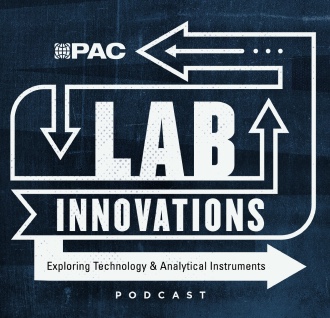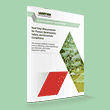19-06-2024
NEXTCHEM grant agreement for the scale-up of its proprietary chemical recycling technology NXRe PMMA
Following the pre-selection announced in January, MAIRE informs that NEXTCHEM (Sustainable Technology Solutions), through its subsidiaries NextChem Tech and MyRemono, signed the grant agreement under the framework of the EU “Innovation Fund 3rd call for Small Scale projects”, which will contribute to the implementation of the BOOST project.
BOOST is aimed at implementing the first-of-its-kind industrial-scale plant based on NXRe PMMA continuous modular technology developed by MyRemono, NEXTCHEM’s subsidiary dedicated to plastic depolymerization. NXRe PMMA enables the recovery of monomers (building blocks for the plastic value chain) with ultra-high levels of purity from sorted plastic waste, particularly polymethylmethacrylate (PMMA), through a continuous chemical recycling process.
The plant will have an initial processing capacity of approximately 5,000 tons per year and will produce approximately 4,345 tons per year of r-MMA, avoiding the consumption of more than 13,000 tons per year of fossil based raw materials. Over the first ten years of operation, the plant is expected to achieve a 96% relative Greenhouse Gas (GHG) emissions avoidance compared to the reference scenario.
Engineering of the first-of-a-kind industrial unit is in the final steps and construction is expected to be completed in 2026. The project amounts to EUR 6.6 million, of which approximately EUR 4 million to be covered by the EU funding.
Among 72 applications to EU “Innovation Fund 3rd call for Small Scale projects”, BOOST is one of the 18 small-scale projects that have signed the grant agreement as well as the only Italian selected related to the chemical sector.
Mohammed Nafid, NextChem Tech Managing Director, commented: “This achievement confirms the reliability of NEXTCHEM's technological value proposition. NXRe PMMA's scalability in different sectors will help improve the production of sustainable plastic products, gradually reducing dependence on fossil raw materials for intermediates and embracing a fully circular model.”
News Category:
-
Creating Value from Data: Maximizing performance in oil & gas with real-time analytics
(Webinar) - In an industry shaped by fluctuating market conditions and tight operational margins, oil & gas producers are increasingly relying on data-driven strategies ...
11-06-2025
-
Discover how waste can be transformed into valuable sustainable fuels and chemicals
(Webinar) - This session offers a detailed exploration of HTW® gasification technology, a proven solution for converting diverse feedstocks into clean syngas, which ...
28-05-2025
-
enfinium selects Isometric as preferred carbon registry for Parc Adfer carbon capture project
enfinium, one of the Europe’s largest energy from waste (EfW) operators, has today announced it has selected Isometric, the world’s leading carbon removal registry, ...
08-05-2025
-
Wärtsilä launches CCS to shipping market after world-first full-scale installation success
Technology group Wärtsilä has announced that its breakthrough carbon capture solution (CCS) is now commercially available to the global maritime industry, delivering ...
08-05-2025
-
Veolia partners with Star Energy to develop large scale geothermal projects to decarbonise energy
Europe’s decarbonising energy leader, Veolia has signed a memorandum of understanding with Star Energy, a company that is making significant strides in harnessing geothermal ...
08-05-2025
-
BASF announced today the signing of a Cooperation Agreement with Plug Power, a global leader in comprehensive solutions for the green hydrogen economy, positioning BASF’s ...
08-05-2025
-
Marubeni and ExxonMobil’s low-carbon ammonia deal marks major step in unleashing new energy supply
Marubeni Corporation and Exxon Mobil Corporation have signed a long-term offtake agreement for approximately 250,000 tonnes of low-carbon ammonia per year ...
08-05-2025
-
BASF’s OASE blue supports CCAT in carbon capture and storage project at Taiwan power plant
BASF has signed a license agreement with Carbon Cap Applications Technology Co. (CCAT) to provide its OASE blue gas treatment technology for a carbon capture and ...
07-05-2025
-
Cetna energy commissions MAN Energy Solutions for methanation project
Cetna Energy, an alternative-energy development and operating company, has commissioned MAN Energy Solutions to deliver the detailed engineering for a methanation plant. ...
07-05-2025
-
BASF Intermediates division converts entire European amines portfolio to renewable electricity
BASF’s Intermediates division, one of the world’s largest amines producers, is taking the next step towards more sustainability by converting its entire European ...
07-05-2025

















